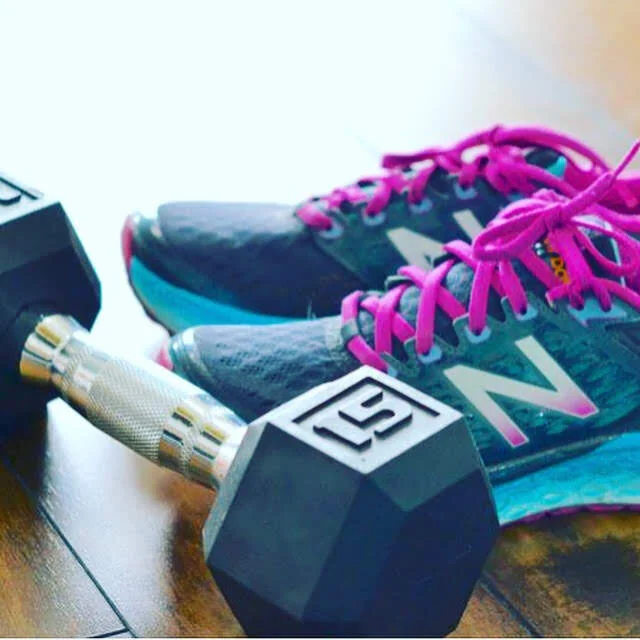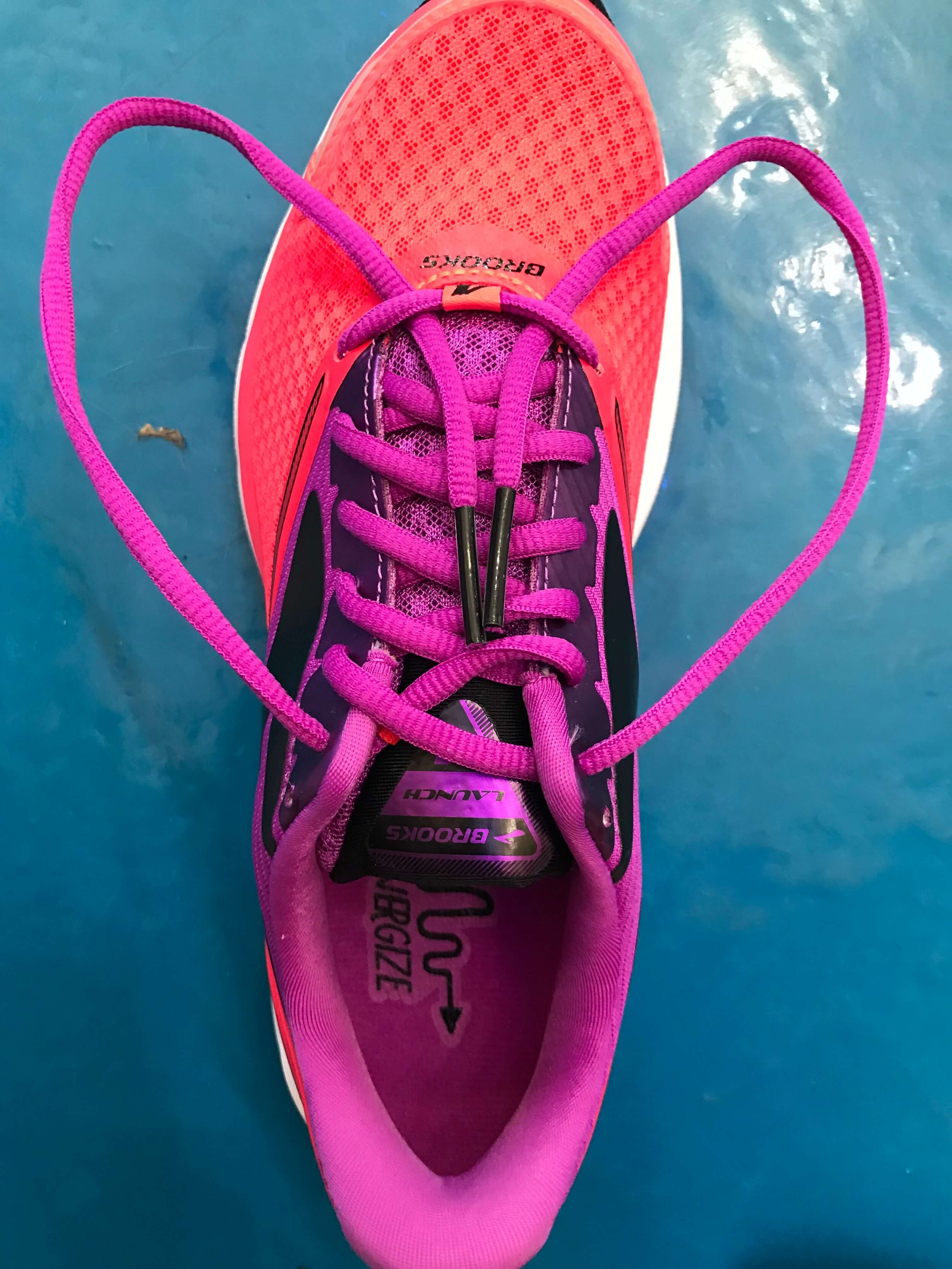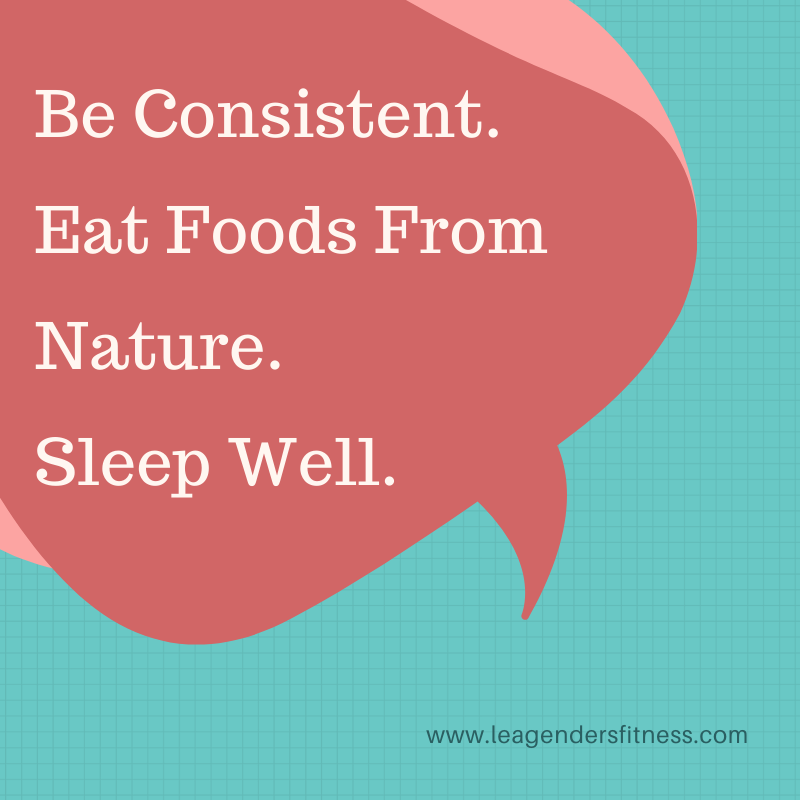Welcome to the latest edition of 52 healthy habits, when each week we tackle a new healthy habit. Healthy habits are the building blocks of a healthy lifestyle. If we tackle one habit at a time, we can improve our lives one small step at a time. No matter where you are in your journey, from the newbie to the expert, there is always room for incremental improvements. I am always looking for ways to make better choices, have a healthier mindset and improve my fitness. It doesn't have to be a whole life overhaul, we can do it together, one small thing at a time.
This week I want to talk about mindset, specifically overcoming negative thoughts because it something that I have been struggling with lately. It seems the more I step outside my comfort zone, I more try to expand in this world, the louder those negative thoughts get. Is it just me? Of course not. It happens to the best of us. Especially the best of us, because the best of us are the ones pushing outside of our comfort zones.
As I try to do more in this world to grow and help others, those voices get louder. You know them. We all have them. I am working on overcoming negative thoughts by actively addressing, ignoring or reframing them.
We are what we think. The problem is when we think negative thoughts, they can lead to negative actions (or inaction) that can sabotage our best intentions and limit our impact in this world.
We sometimes don't think about mindset as a habit, but it is. We can find ourselves in a negative mindset habit loop. Learning to recognize neagative thoughts for what they are is a skill we can work on and master.
RECOGNIZE THAT THOUGHTS LIE
You don't have to believe every thought that passes through your mind. The truth is that your thought lie. When I get a thought that tells me I'm not good enough, not smart enough and doggonnit people don't like me (reference) I evaluate those thoughts. Are they true? Are they helpful? Can they be changed or reframed? Most of the negative thoughts I think are simply not true, just my own insecurities creeping in.
“The truth is that your thoughts lie.”
START WITH GRATITUDE
I've found coming from a place of gratitude in everything first helps with negative thoughts. Find a reason to be thankful. Challenges provide opportunities to grow. Difficult people are opportunities to practice compassion and patience. It's a work in progress for me. I do best when I acknowledge the thought, try to find a way to be grateful (or at least think about the things I am grateful for) and then practice controlling my reaction. I am nowhere near perfect but focusing on what I am grateful for goes a long way in overcoming negative thoughts.
JOURNAL
I don't recommend keeping all negative thoughts stuffed deep down inside while portraying a Polly-Anna personality. I've found that expressing negative thoughts, concerns and worries in a healthy manner, like in a journal, helps me process my thoughts and evaluate what's real and what are my own insecurities. When I write it down with old fashion pen and paper it clears my head better than thinking about it, talking about it, or even typing it.
SUPPORT SYSTEM
Surround yourself with positive uplifting people. It can be all too easy to find a negative person to share life complaints. It may feel good in the moment, and can even feel like bonding with that person, but complaining is unproductive, especially when it's about the same thing over and over again. Surround yourself with people who help you focus on solutions to problems, not just complain about them. Spend time with people who uplift, encourage and push you when needed. We all can pursue our dreams to the fullest, it helps when the people around us believe in us, even when we struggle to believe in ourselves.
MOVING MEDITATION
It's no secret that exercise can improve mental wellbeing. When I'm upset or stuck in a negative mindset, I often find that a run, a walk or time at the gym (aka #shredshed) can help me untangle those thoughts and clear my mind. I don't usually think about my problems while exercising, it is a healthy temporary escape from them. Negative thoughts don't go away after an exercise session, but I usually feel more equipped to deal with them.
Let's tackle this together. Push forward. Don't let negative thoughts get in the way of living your dreams.
Like this post? It helps me when you share.

























Discover the 5 stages of fitness progression—from building the habit to optimizing your routine. Learn how to stay consistent, make progress at your own pace, and create a sustainable fitness lifestyle without the pressure of perfection.